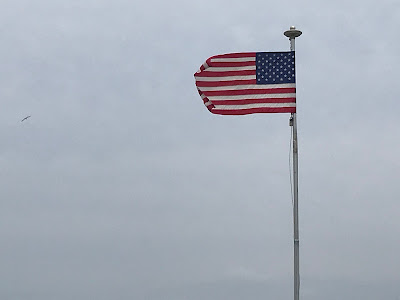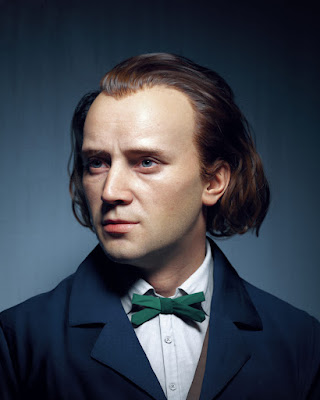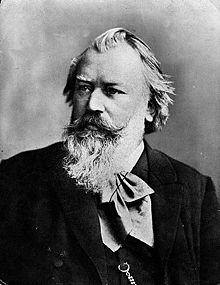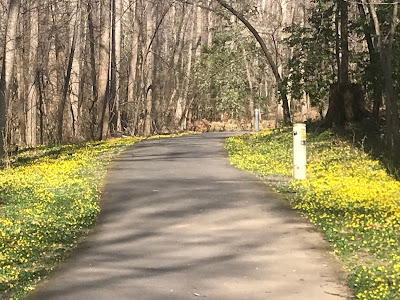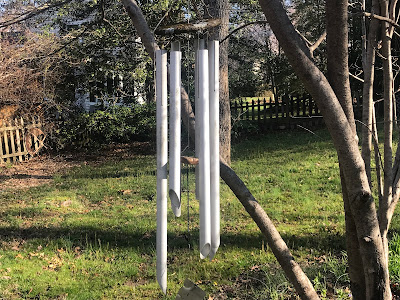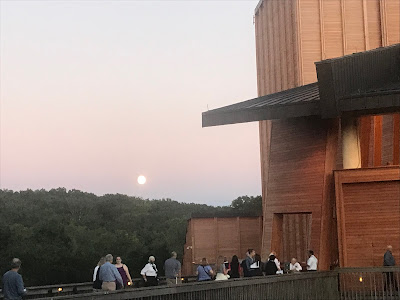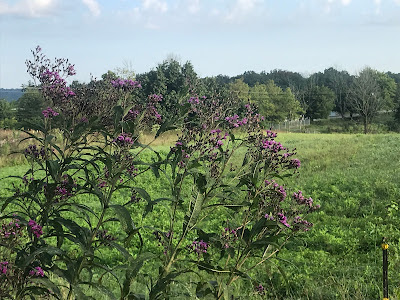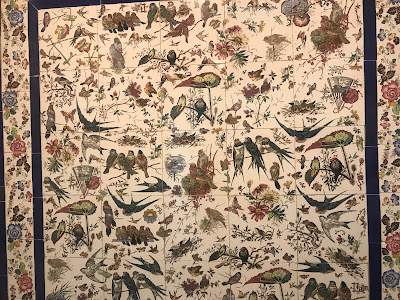Jollity
Last night under the stars, a glimpse of the planets: At Wolf Trap Center for the Performing Arts, the National Symphony Orchestra performed Gustav Holst’s “The Planets,” accompanied by NASA photographs, with my favorite movement, “Jupiter: the Bringer of Jollity,” scoring the most applause.
Jollity is defined as “the quality of being cheerful.” Can a planet be cheerful? Perhaps if it’s named after the king of the gods. Or if it’s a gas giant more than twice as massive as all the other planets combined.
One reason not to be jolly: what looks in photos to be a big red eye. It’s not the result of excessive interplanetary partying, but a centuries-old storm bigger than Earth.
And speaking of Earth, the only planet Holst omitted from his piece, today at 7:15 a.m. EST is the one moment of the year when most of its people are bathed in sunlight — an incredible 99 percent of us. A reason for jollity, to be sure.
(Photo: Courtesy NASA)

